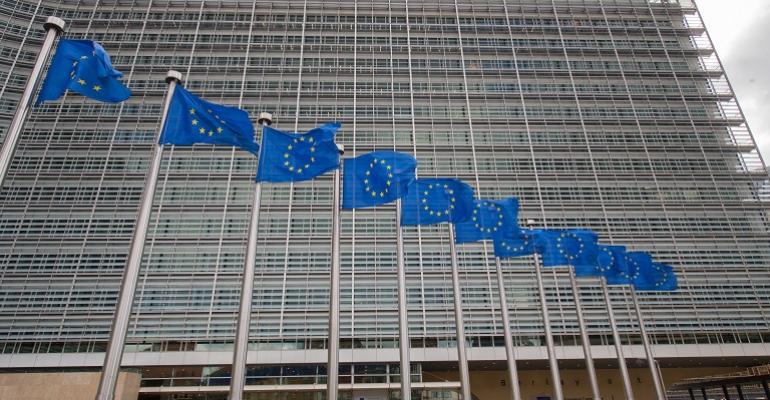The EC plans to announce proposals to extend its ETS and include ships trading to and from the bloc’s ports in June.
Shipping industry groups are resigned to the move but are uneasy about how the scheme can be applied fairly to internationally trading assets, rather than the fixed industrial plant located in Europe, such as power stations, already in the ETS.
They are particularly concerned that the EU market-based measure should not undermine the IMO’s decarbonisation initiatives which are focused on an industry-wide regime at a global level.
Bimco, for example, whose members control almost two-thirds of the world’s tonnage, would rather see the EU working with the IMO to devise a global market-based measure, ensuring that shipping can operate on a level playing field in all regions. A regional initiative risks political tensions with third countries and possible opposition from large trading partners, the association has said.
Bimco Secretary General, David Loosley, commented recently: “If the EU implements a regional ETS, shipping risks getting hit by multiple emission trading systems which will make a global market-based measure much more difficult to achieve.”
He, with others, also doubt whether a regional scheme will encourage owners to invest in carbon-reducing technology. When a ship is being built, they point out, an owner has no idea how many times it will call at EU ports, and therefore whether or not a carbon-reducing investment in the ship will prove worthwhile.
Other shipping associations, including the International Chamber of Shipping (ICS) and the European Community Shipowners’ Associations (ECSA), are concerned not only about the possible undermining of IMO initiatives, but also the risk of damaging the competitivity of European owners.
Others point out that, contrary to its aims, the scheme risks driving cargo away from the world’s most efficient form of bulk transport to more carbon-intensive modes including trucks.
Another huge hurdle is the fact that there are currently no low- or zero carbon fuels available to shipping. The development of such fuels will take many years and involve huge investments, both in R&D and later, in infrastructure. Although this is acknowledged, it is not yet clear how a regional ETS could help in funding this global requirement.
ICS chairman Esben Poulsson has previously charged that unlike the industry’s proposed R&D fund under the IMO to research zero carbon fuels and technologies for shipping financed through a bunker fuel levy, the EU ETS would used to fund the EU’s post-Covid recovery plans.
Copyright © 2024. All rights reserved. Seatrade, a trading name of Informa Markets (UK) Limited.
Add Seatrade Maritime News to your Google News feed.  |

